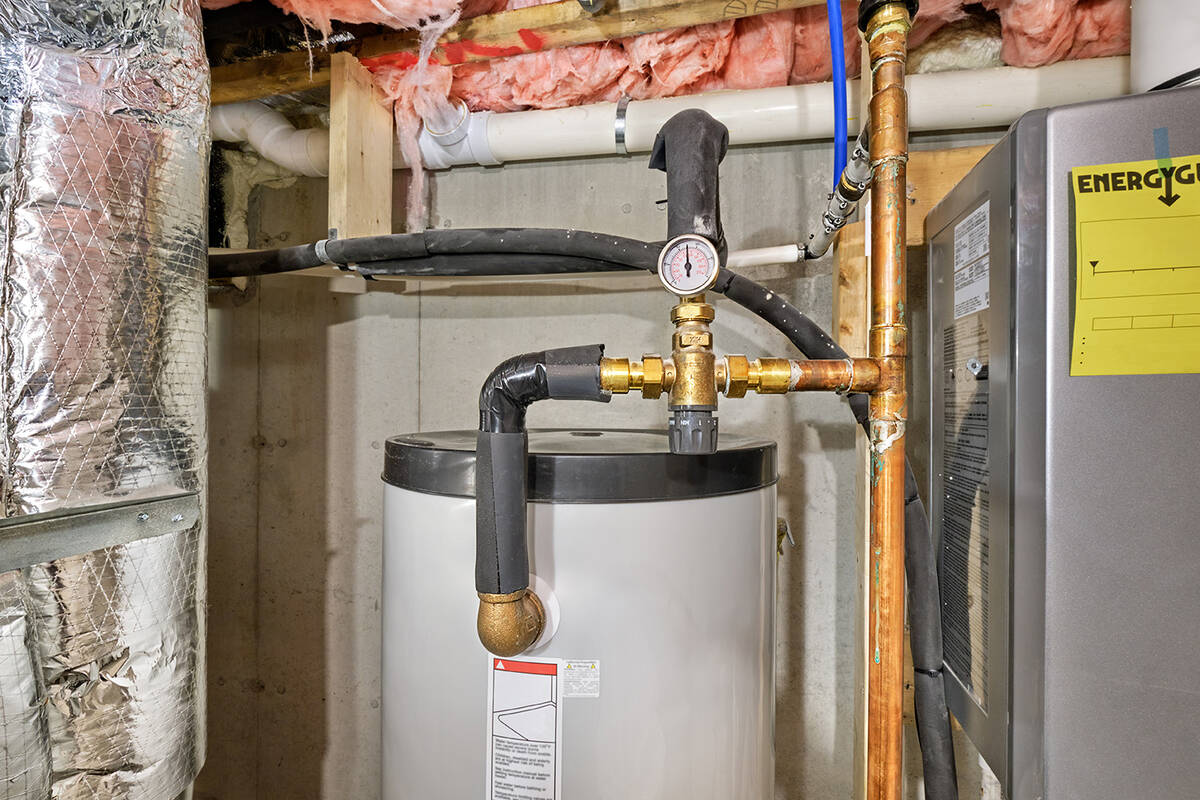Hot water heaters usually responsibility of condo owner
Q: I have been the president of a very active and proactive board for some time now. Our development has 84 units.
Over the past few years we have paved the parking lots, replaced the windows in all of the units, replaced the roofs as well as a number of other assorted projects aimed at enhancing the value for our owners.
We have had instances in the past wherein a water heater would fail in one of the units and infiltrate the adjoining units beside and below it. I recently undertook developing a (project) aimed at replacing all of the water heaters (with some requirements as to the age of the heaters).
When discussing this with one of the board members, he asked why we simply couldn’t mandate that each owner, based on established guidelines, be compelled to replace their individual water heaters.
My instinct tells me that this falls outside of our legislative purview but I thought I would ask the expert. Your thoughts?
A: Unless your governing documents state otherwise, hot water heaters are the personal property of the homeowners. Technically, the homeowners are monitoring them and are replacing them when needed, somewhere around seven years, if they are being properly maintained. At 10 years of age, you definitely need to replace your hot water heater.
Your governing documents probably have some language that homeowners are responsible for maintaining their units. As to mandating the replacement of hot water heaters while the concept makes much sense, as too often leaking hot water heaters have caused major damages, you would first need to check with your attorney to see if there is some flexibility to pass such a requirement. This change may require an amendment passed by the homeowners.
On an administrative side, it would be challenging as you would need to keep accurate records as there could be units that are newer and would not need to be replaced.
Q: I am trying find out if you are aware of any associations who have forgone property and liability coverage?
Our association in prior years have filed a number of claims resulting in our carrier canceling our policy. Finding a new carrier has been difficult. The two carriers who did provide a quote have monthly premiums that are twice as much as our last carrier. Our community is not positioned to increase fees through assessment increases.
How risky is it to not have insurance and ask the members to increase thier protection individually?
A: Under Nevada Revised Statutes 116.3113, associations in Nevada are required to maintain, to the extent reasonably available and subject to reasonable deductible, to carry property insurance, commercial general liability, crime insurance, directors and officers insurance. This past legislative session, under Senate Bill 378, associations have to maintain cyber liability insurance.
I can name at least two associations where there was no “universal” insurance coverage where homeowners were required to obtain insurance coverages on their homes. In both cases, there were fires that burned down a number of homes that did not have insurance. These associations soon saw their asking sales price and sales significantly drop. The debris from the fires stayed untouched for years and were eyesores at the communities, especially for homeowners whose homes were adjacent to the fire homes. Obtaining mortgages for sales or refinancing existing ones became major financial problems for these associations. It took years before the associations were made whole.
These associations required homeowners to obtain insurance but there was no plan set in place for those who did not comply with the regulation. In another case, the association paid for the individual insurance on homes that did not comply and placed liens on those properties.
You will need the assistance of legal counsel to determine if, legally, the association can require each homeowner to obtain insurance on their homes. If the association can mandate this regulation, will the association be required to reduce the cost for insurance that is included with the annual assessments?
For homeowners who have mortgages, their banking institutions will most likely obtain coverage, which will be added to the homeowners’ mortgage payments. For those homeowners without mortgages, the enforcement plan must be set in place.
Other questions for legal counsel would include the borrowing of funds from the reserve account, which would include a repayment plan to the reserves? What requirements would need to be met if the association entered into a loan with a bank and a separate insurance assessment would be established for the monthly loan payment?
In looking for insurance coverages, can your insurance agent for your association find any companies whereby the association has reduced coverage, i.e., being partially self-insured, co-insurance policies? This would require the association to maintain “x” percentage of the value of the community.
Your board may not have too many choices. In any case, expenses will increase.
Barbara Holland, CPM, is an author, educator and expert witness on real estate issues pertaining to management and brokerage. Questions may be sent to holland744o@gmail.com.












